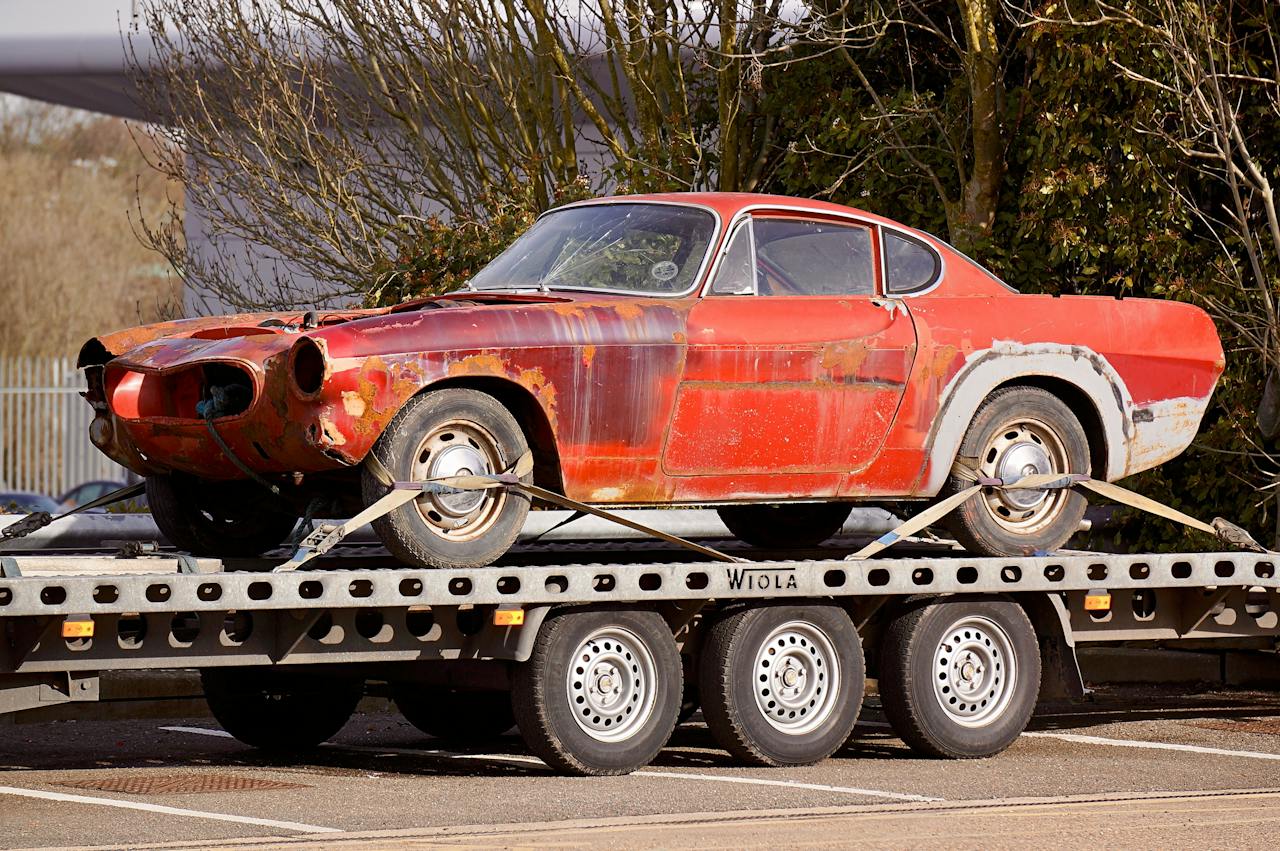
Why your Car is Overheating?
A car overheating is a concerning issue that can leave drivers stranded and potentially damage the engine. Industrial air compressor suppliers understand the causes behind this problem is crucial for prompt identification and resolution.
Low Coolant Levels
Insufficient coolant is one of the primary reasons for overheating. Coolant, a mixture of antifreeze and water, helps regulate the engine’s temperature. Low levels due to leaks, evaporation, or negligence in maintenance can cause the engine to overheat. Regularly checking coolant levels and inspecting for leaks in hoses, radiator, water pump, and the coolant reservoir can prevent this issue.
Faulty Thermostat
The thermostat regulates the flow of coolant through the engine. A malfunctioning thermostat can get stuck in the closed position, preventing coolant circulation and causing overheating. Replacing a faulty thermostat can restore proper coolant flow and prevent the engine from reaching high temperatures.
Radiator Issues
A damaged or clogged radiator can impede proper heat dissipation, leading to overheating. Issues like mineral deposits, corrosion, or physical damage can hinder the radiator’s effectiveness. Regular maintenance, such as flushing the radiator, ensuring proper airflow, and addressing any leaks or blockages, can prevent overheating due to radiator problems.
Cooling System Leaks
Leaks in the cooling system can cause a loss of coolant, disrupting the engine’s ability to regulate its temperature. Common sources of leaks include damaged hoses, a cracked radiator, a faulty water pump, or a deteriorated gasket. Conducting regular inspections and addressing any leaks promptly can prevent overheating caused by coolant loss.
Faulty Water Pump
The water pump circulates coolant through the engine to dissipate heat. A malfunctioning water pump can result in inadequate coolant circulation, leading to overheating. Signs of a failing water pump include coolant leaks near the pump, unusual noises, or visible damage. Replacing a faulty water pump is crucial to maintain proper engine temperature regulation.
Blocked or Collapsed Hoses
Hoses in the cooling system transport coolant throughout the engine. Over time, these hoses can deteriorate, collapse, or become blocked due to debris, leading to restricted coolant flow and subsequent overheating. Regularly inspecting hoses for wear, damage, or blockages and replacing them as needed can prevent this issue.
Coolant System Airlock
Air trapped within the cooling system can hinder the circulation of coolant, causing localized hotspots and engine overheating. Bleeding the cooling system to remove air pockets, following the manufacturer’s recommended procedures, can resolve this issue and restore proper coolant flow.
Failed Radiator Fan
The radiator fan helps dissipate heat by cooling the radiator. A malfunctioning fan, whether due to a faulty motor, relay, or sensor, can result in inadequate cooling and engine overheating, especially in traffic or at low speeds. Checking the functionality of the radiator fan and repairing or replacing any defective components is essential to prevent overheating.
Extreme Weather Conditions
Extreme environmental factors, such as driving in high temperatures or climbing steep gradients, can strain the engine and cause it to overheat. In such cases, it’s crucial to monitor the engine temperature gauge, take breaks to allow the engine to cool down, and ensure the cooling system is well-maintained to handle such conditions.
Engine Problems
Issues within the engine, such as a blown head gasket, a cracked cylinder head, or a damaged engine block, can lead to overheating. These problems can cause coolant leaks, combustion gases entering the cooling system, or hinder coolant circulation, resulting in overheating. Timely diagnosis and professional repairs are essential to address engine-related overheating issues.
Conclusion
Oil free compressor manufacturers think car overheating can stem from various factors, ranging from minor issues like low coolant levels or a faulty thermostat to more severe problems involving the engine itself. Regular maintenance, timely inspections, and addressing issues can prevent overheating and ensure the engine operates within its optimal temperature range. Identifying the root cause of overheating and seeking professional help when needed is crucial to maintaining your vehicle’s health and reliability.



